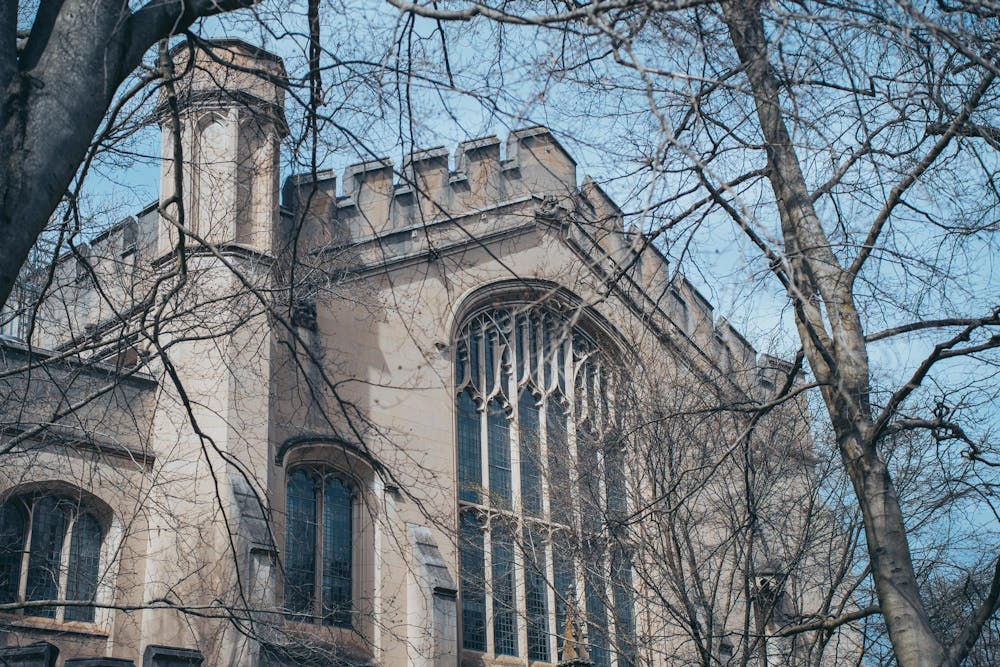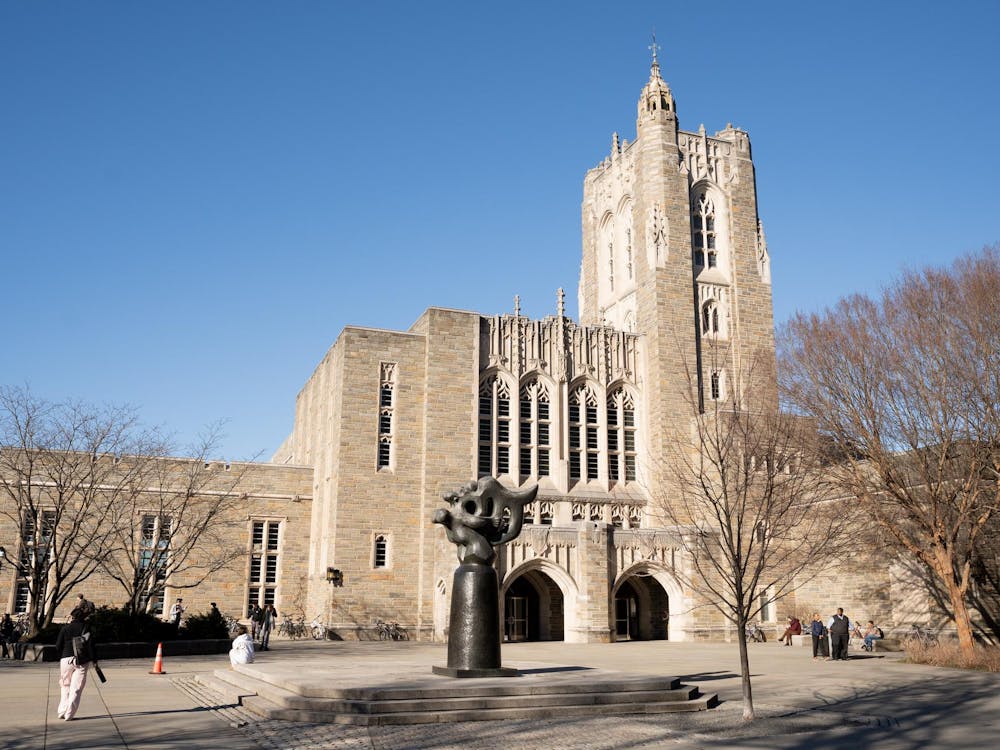Everyone knows that Donald Trump is no fan of universities. He follows in a tradition of aspiring authoritarians, who often first attack independent universities, recognizing them as bastions of free thought and critical inquiry. As another Trump administration crawls closer, the specific plan for undermining universities is becoming clear: weaponizing unfounded claims of antisemitism to withdraw federal funding and revoke certification by pressuring accreditation agencies. Furthermore, furor over affirmative action on the right has bolstered these efforts.
These allegations, at least in Princeton’s case, are baseless. Under the current administration, over 100 investigations into alleged antisemitism at universities have been launched, with at least 60 still ongoing — including one targeting Princeton. Through original, community-oriented reporting, student journalists have exposed these narratives for the political ploys they are, making student journalism invaluable as false narratives become the basis for action against schools.
Authoritarian movements rely on reshaping narratives to suit their agendas, and some education stories in the national media currently help serve those narratives. As the next administration begins, national media should follow the example of student journalists and pay closer attention to the situations on each campus, breaking national storyline tropes when they don’t fit.
When a complaint over antisemitism was filed against Princeton by an individual with no direct connection to the University, the ‘Prince’ was on the ground. In contrast to the narrative that these filings protect Jewish students, when the ‘Prince’ interviewed Jewish students on campus about external reports of antisemitism, many criticized these assessments as misrepresenting the campus climate. The student press provided a nuanced perspective that national outlets missed.
Another narrative that has been created in order to attack universities — and specifically students of color — is the one around affirmative action. After the first admissions cycle in a post-affirmative action world, the Wall Street Journal Editorial Board wrote that “Yale, Princeton and Duke admit fewer Asian students this year” under the headline “Racial Preferences on the Sly?”
But this isn’t an accurate reading of what happened. As the ‘Prince’ pointed out, the decrease in Asian enrollment from 26 percent to 23.8 percent between the Class of 2027 and the Class of 2028 was not out of the ordinary — Asian students made up 20.5 percent of the Class of 2025 before affirmative action fell. And in follow-up coverage, the ‘Prince’ found that Asian enrollment is likely higher than that, because of an increase in the number of students not reporting their race — who tend to be disproportionately Asian and white.
Baseless claims aimed at pressuring colleges to align with specific political agendas are likely to escalate under the next administration. For one example, the Heritage Foundation’s Project Esther playbook, from the makers of Project 2025, plans to target universities for any pro-Palestinian activity, scrutinizing faculty affiliations and challenging curricula and campus events. Princeton is explicitly identified as a target.
Amid these attacks, national media should learn from the student press in their education reporting, as the student media has — particularly at Princeton — proven its ability to navigate and counter such narratives. When the mainstream media has muddled facts and fueled conservative conspiracies, the ‘Prince’ has upheld the truth.
Why is the ‘Prince’ more likely to get these facts right? Perhaps we’re less swayed by the national narrative, more attentive to the details of our particular school. When it comes to telling stories that affect students, staff, faculty, and alumni, we’re a local newspaper that is accountable to the local community.
Ultimately, the national media does not have to listen to any one community, but the ‘Prince‘ often must. When your classmates, professors, and neighbors are stakeholders in the stories, it’s impossible to ignore them. The ‘Prince’ is not perfect, but its reporters are still here long after the national media has moved on.
Education stories are local stories, so it’s time for the national media to take a page out of the student journo notepad.
Eleanor Clemans-Cope (she/her) is a junior from Rockville, Md. studying economics. She can be reached on Twitter at @eleanorjcc or by email at eleanor.cc[at]princeton.edu. Her column, “Eyes on the Tiger,” runs every two weeks on Wednesday. All of her columns can be read here.









